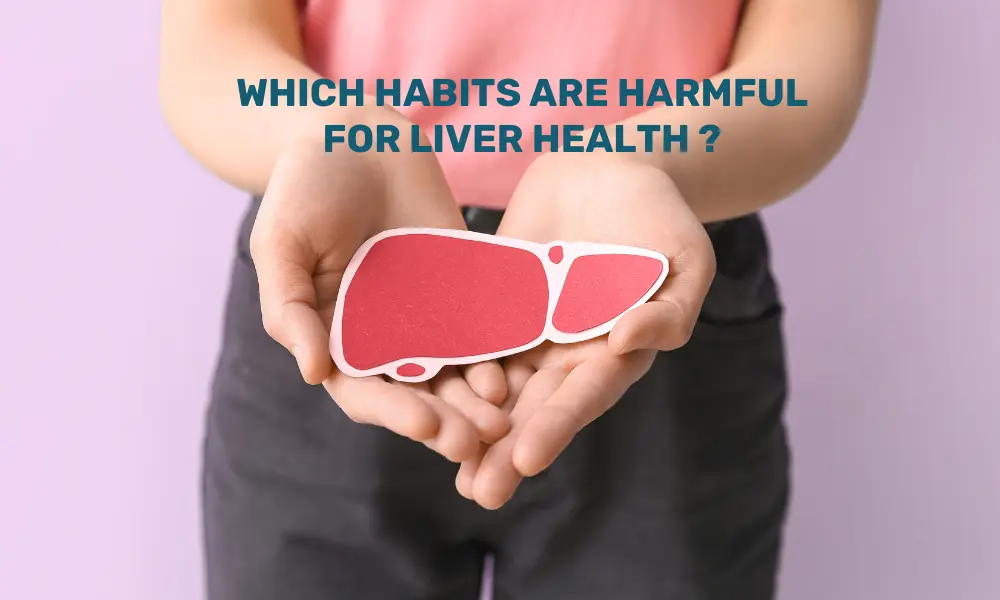Osteoporosis is a condition that weakens bones. Maintaining bone health is essential for our overall health. There are certain things through which one can ensure good bone health, especially through diet.
Table of Content
-
What is Osteoporosis?
-
Consuming a bone-protective diet is the key.
-
Importance of Vitamin D in diet
-
Prevent bone deterioration
-
Preventing Osteoporosis
What is Osteoporosis?
A condition where bones become weak, fragile, and vulnerable to fracture is called Osteoporosis. It is a serious health concern that affects millions of people worldwide. It is often called a silent disease because one may not know they have it until they experience a breakage in their bones.
The building of strong and healthy bones is important to prevent Osteoporosis. While genetics and physical activity play pivotal roles, nutrition is a significant factor that can be controlled and optimized.
Understanding the relationship between diet and the body’s skeletal system is essential. Nutritional strategies to prevent and manage Osteoporosis extend beyond the widely known calcium and vitamin D recommendations. It involves a holistic approach that looks at overall dietary patterns, nutrient intake, and lifestyle adjustments to ensure that the bones are supported throughout life.
Here are some tips and insights on how Osteoporosis can be managed and prevented through smart eating habits.
Consuming a bone-protective diet is the key: The foundation of a bone-protective diet is, undoubtedly, calcium. This mineral is the essential building block of our bone tissues. Adults generally need about 1,000 mg of calcium daily, which increases to 1,200 mg for women over 50 and men over 70. Dairy products are rich in calcium, but there are plenty of other options for those who avoid dairy. Leafy greens like kale and broccoli are excellent plant-based sources. Fortified foods, including some cereals, plant-based milks, and juices, also help maintain calcium levels.
Importance of Vitamin D in diet: Vitamin D is equally vital; without it, the body cannot effectively absorb calcium. The daily recommended vitamin D requirement is between 600 and 800 IU for most adults, though this may vary based on individual factors. The sunlight is the best natural source of vitamin D; dietary sources include fatty fish like salmon and mackerel, fortified foods, &, if necessary, supplements under a healthcare provider’s supervision.
Further, calcium and vitamin D do not work in isolation. A truly bone-healthy diet is comprehensive and balanced, providing a variety of nutrients. Magnesium and vitamin K, for instance, are important for bone health and are found in nuts, seeds, and green leafy vegetables. Foods rich in omega-3 fatty acids, such as flax seeds and walnuts, have also been shown to support bone density.
Prevent bone deterioration: It is not just about what to add but also what to limit. High intake of sodium, caffeine, and alcohol can have detrimental effects on our bone health by hindering calcium absorption or increasing its excretion. Balancing these elements is key; enjoying these substances in moderation while prioritizing nutrient-dense foods can help maintain bone density and overall health.
Dry Fruits to Enrich Bone Health: Dried fruits emerge as an unsung hero for bone health when considering snacks and smaller meal components. Certain dried fruits, like prunes and figs, offer an array of nutrients that support bone density, including calcium, potassium, and vitamin K. Incorporating these into one’s diet can be a practical and effective way to contribute to the daily nutrient needs for bone health maintenance.
Staying well Hydrated: Hydration should not be overlooked, as proper fluid intake is important for all bodily functions, including those that keep bones healthy. Replacing high-sugar beverages with water or herbal teas is beneficial not only for our bone health but also for overall well-being.
Plan Meals: Meal planning can greatly assist in managing a diet conducive to bone health. By preparing meals and snacks in advance, individuals are more likely to consume a balanced intake of nutrients and avoid processed, nutrient-poor foods. This strategy ensures that those with even the busiest schedules can maintain a diet supporting strong bones.
Preventing Osteoporosis
Osteoporosis can be daunting, but it is not inevitable. A diet rich in vitamin D and calcium and various other bone-friendly nutrients is vital for building and maintaining strong bones. Limiting certain substances and incorporating specific foods like dried fruits can bolster the diet further. With intentional choices and planning, it is possible to create a dietary pattern that supports bone health and reduces the risk of Osteoporosis by leading to a healthier, more resilient body.
In a Nutshell
One must remember that it’s vital to have a well-balanced healthy diet that includes various foods to ensure we get a broad spectrum of nutrients. Additionally, maintaining a healthy lifestyle that includes weight-bearing exercises, adequate sunlight exposure for vitamin D, and avoiding excessive alcohol and tobacco can contribute to overall bone health.
However, before making any significant changes to our diet or lifestyle, it is advisable to consult with a specialist or a registered dietitian, especially if one has a medical condition like Osteoporosis.





